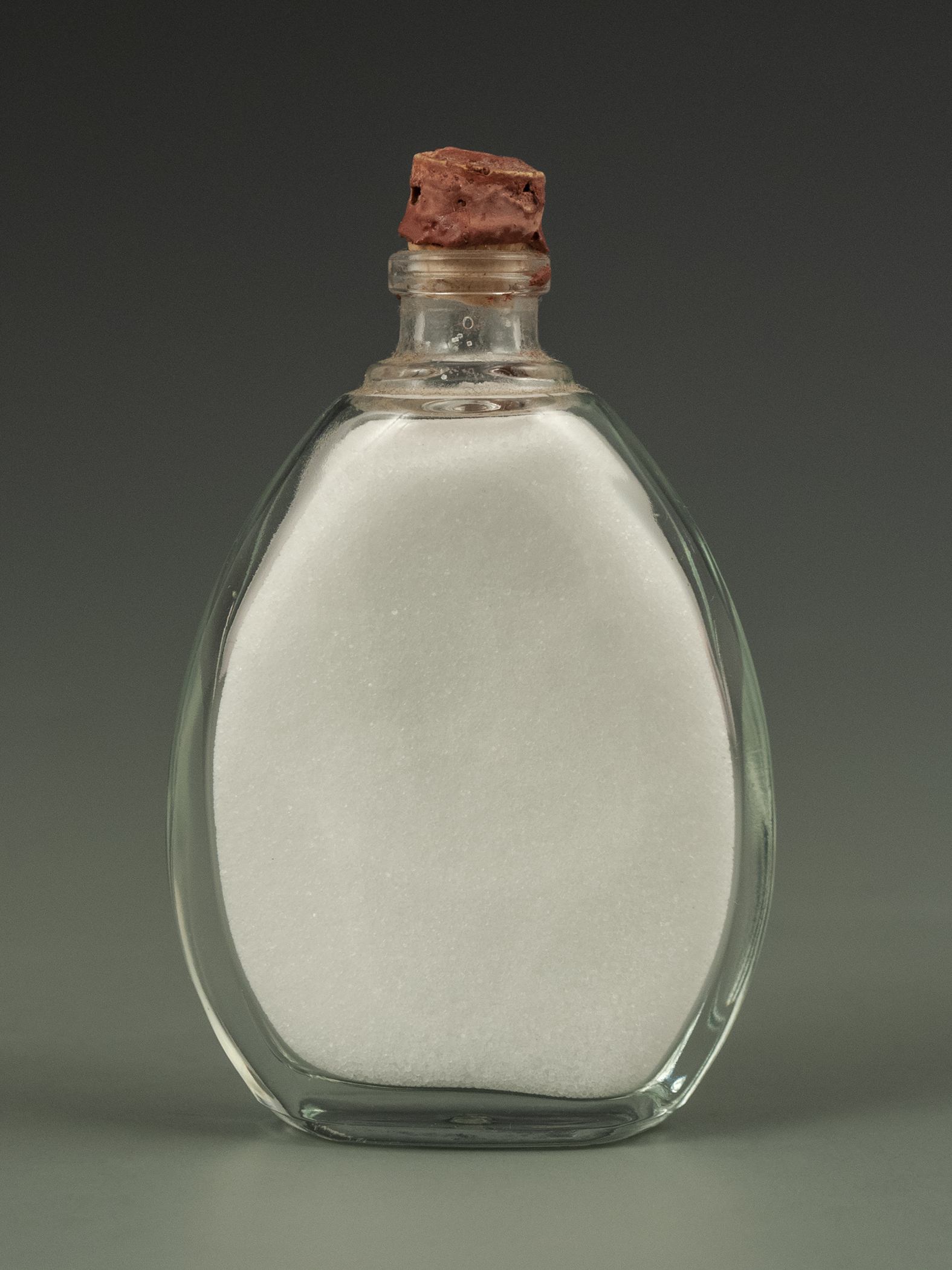Salt from the Dead Sea
Israel, 2004

“For reasons that I don’t understand, I was born into a species that has an incredibly hard time with itself.”
This was the opening line of a talk given today—on Yom Kippur, the Jewish Day of Atonement—by the rabbi of my congregation. He got a good laugh, but it’s painfully true. For all our beauty and complexity, he said, despite our capacity for art and love and laughter, humans find being alive a very fraught business.
Though I’m not religious, I observe the “Days of Awe” that fall between Rosh Hashanah (the Jewish New Year) and Yom Kippur. During this eight-day period, it is said, the Book of Life is opened, and our fate for the coming year is decided. “Who by fire…” and so on.
The goal of these high holidays is teshuva: a homecoming to one’s best self. One of the traditional practices is a naming of our shortcomings; the places where we seek a return to wholeness.
On a gorgeous October afternoon, late in the Days of Awe, S. and I spread a picnic blanket on Tennessee Valley Beach. We listed, and then read, our “sins” —including the places where we had fallen short with each other—out loud. It was a pivotal moment. Our bond was fraying, and we were engaged in a fragile task: learning how we could keep loving each other. The sun shimmered on the Pacific, and two curious ravens cocked their heads to watch.
Years ago, for my 50th birthday, I took myself to Israel and floated on the saline surface of the Dead Sea. It’s one of the few places on Earth where one can enjoy the sensation of being effortlessly buoyed. As S. and I traded transgressions, I felt a weight lifting from me. The pressure I’d felt on my body and heart for the past month released, and I felt buoyed from below—held in a way that felt natural and warm.
Everything seemed easier after that. Even being myself, with all my failings and weaknesses. It felt like a new starting point. It felt like coming home.
